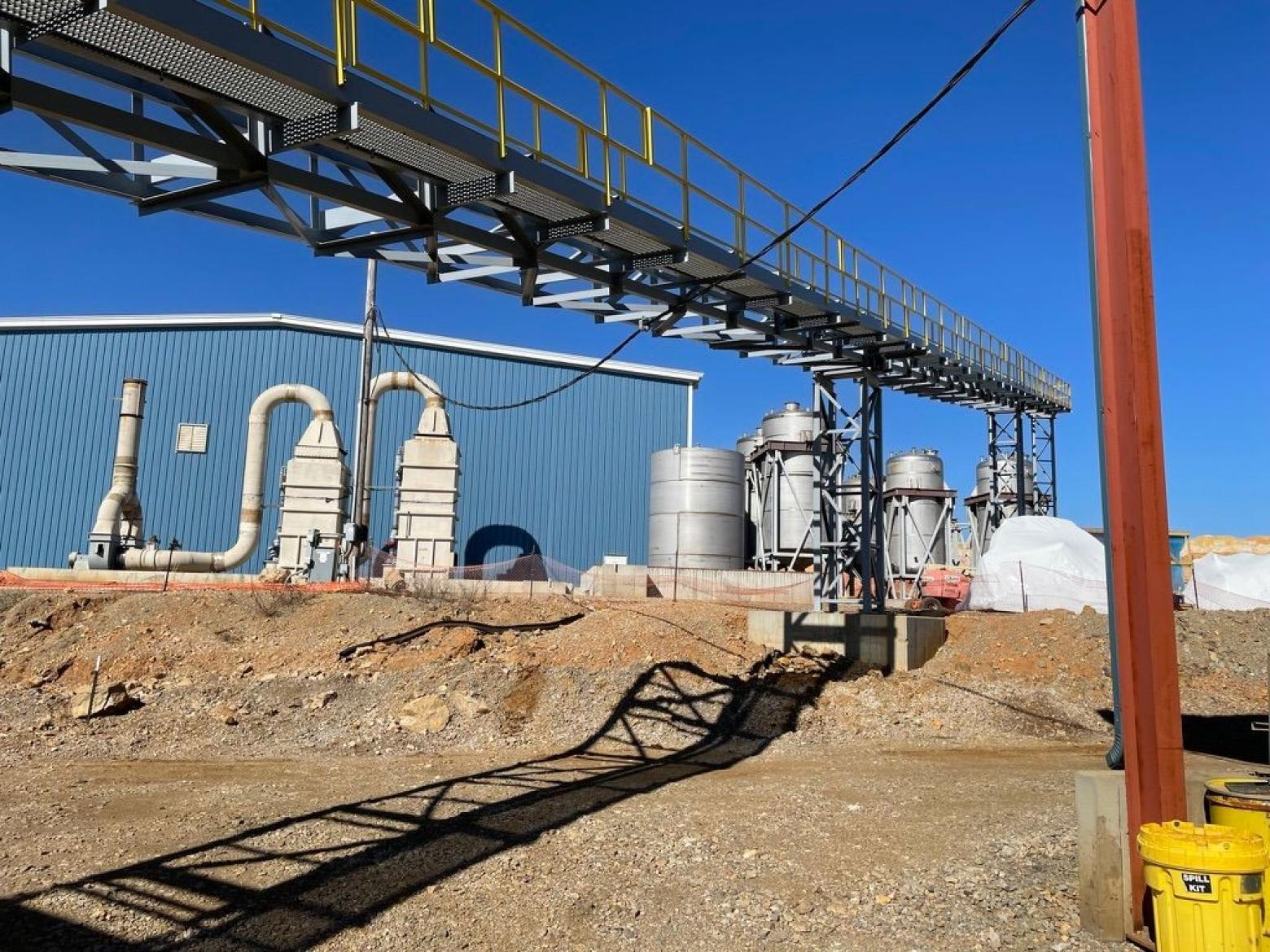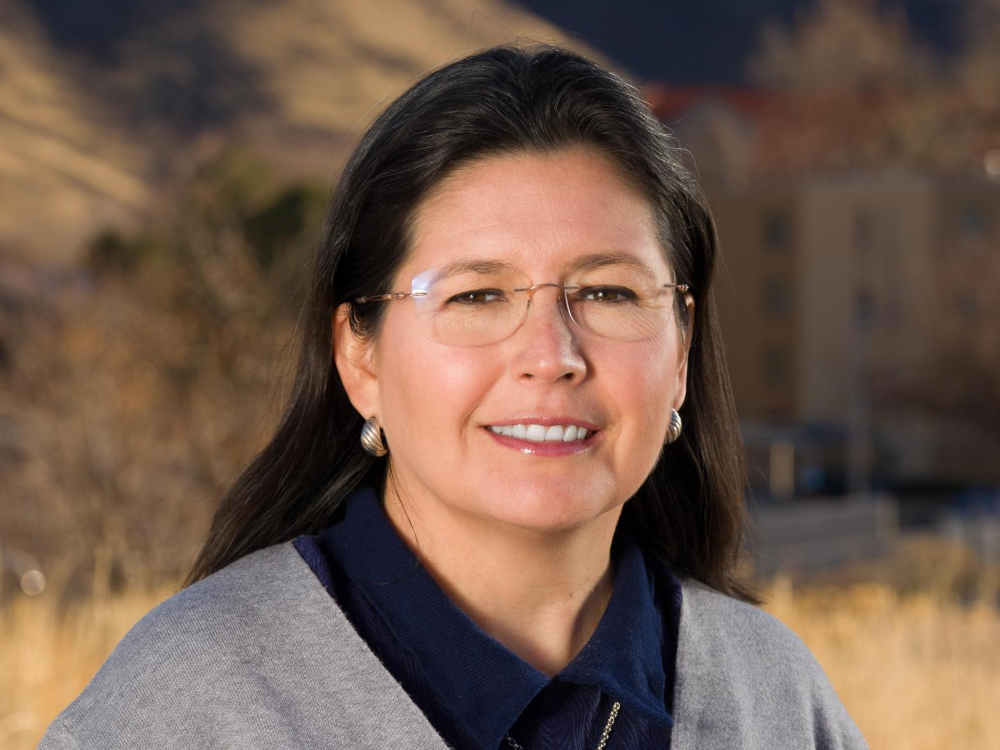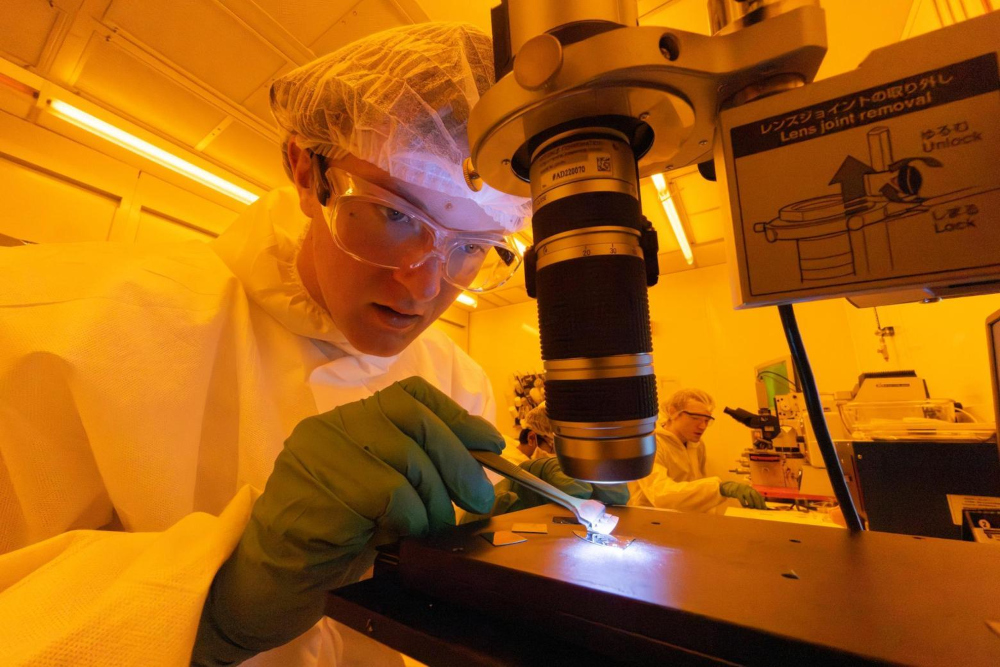
Faculty at the Colorado School of Mines in Golden are examining the integration of mining and refining processes to enhance domestic production of critical minerals, which are essential for clean energy technologies. The research focuses on the environmental and community impacts of vertically integrated mining operations.
The demand for critical minerals is anticipated to surge, according to the Department of Energy’s Critical Minerals Program. Currently, U.S. production lags behind China, which accounts for nearly 60% of the world’s critical minerals. “We know we need these minerals for the energy transition and to address climate change,” said Nicole Smith, a cultural anthropologist and associate professor of mining engineering at Mines. “The question is, can we produce these minerals in a way that ensures environmental and social injustices are not repeated or new ones aren’t created?”
Smith leads the research project, supported by a $750,000 grant from the Alfred P. Sloan Foundation, with collaboration from Associate Professor Elizabeth Holley, Research Assistant Professor Aaron Malone, and Jihye Kim, assistant professor of metallurgical and materials engineering.
To optimize domestic mining operations and minimize supply chain risks, U.S. mining companies are proposing vertically integrated operations that merge mining and refining. Smith and her team will explore social and technical aspects of these operations and their effects on local communities and Indigenous populations. “In the effort to secure domestic supply chains of critical minerals, achieving the disparate goals of mineral production and equity presents major challenges,” Smith said. “Our project takes an interdisciplinary approach to understanding the ways in which companies, communities and regulators are thinking about and addressing these challenges.”
The research will specifically focus on nickel and cobalt refining, critical elements for clean energy technologies, including lithium-ion batteries. The Payne Institute for Public Policy’s 2024 State of Critical Minerals Report forecasts a doubling of the demand for nickel and cobalt by 2040.
Collaborating with Fort Lewis College in Durango, the three-year project includes faculty like Michelle Larkins and Kathleen Hilimire. Their insights will help address environmental justice and the implications of mining operations on Indigenous communities./p>
The research team is already conducting site visits in several states and expects to produce academic papers, a database of mining and refining facilities, and presentations for conferences and government officials. In the final year, Fort Lewis College will host a symposium focused on Indigenous communities and the energy transition. “How can communities benefit from and be part of the decision making around critical minerals developments?” Smith said. “That’s an important part of the bigger picture.”


